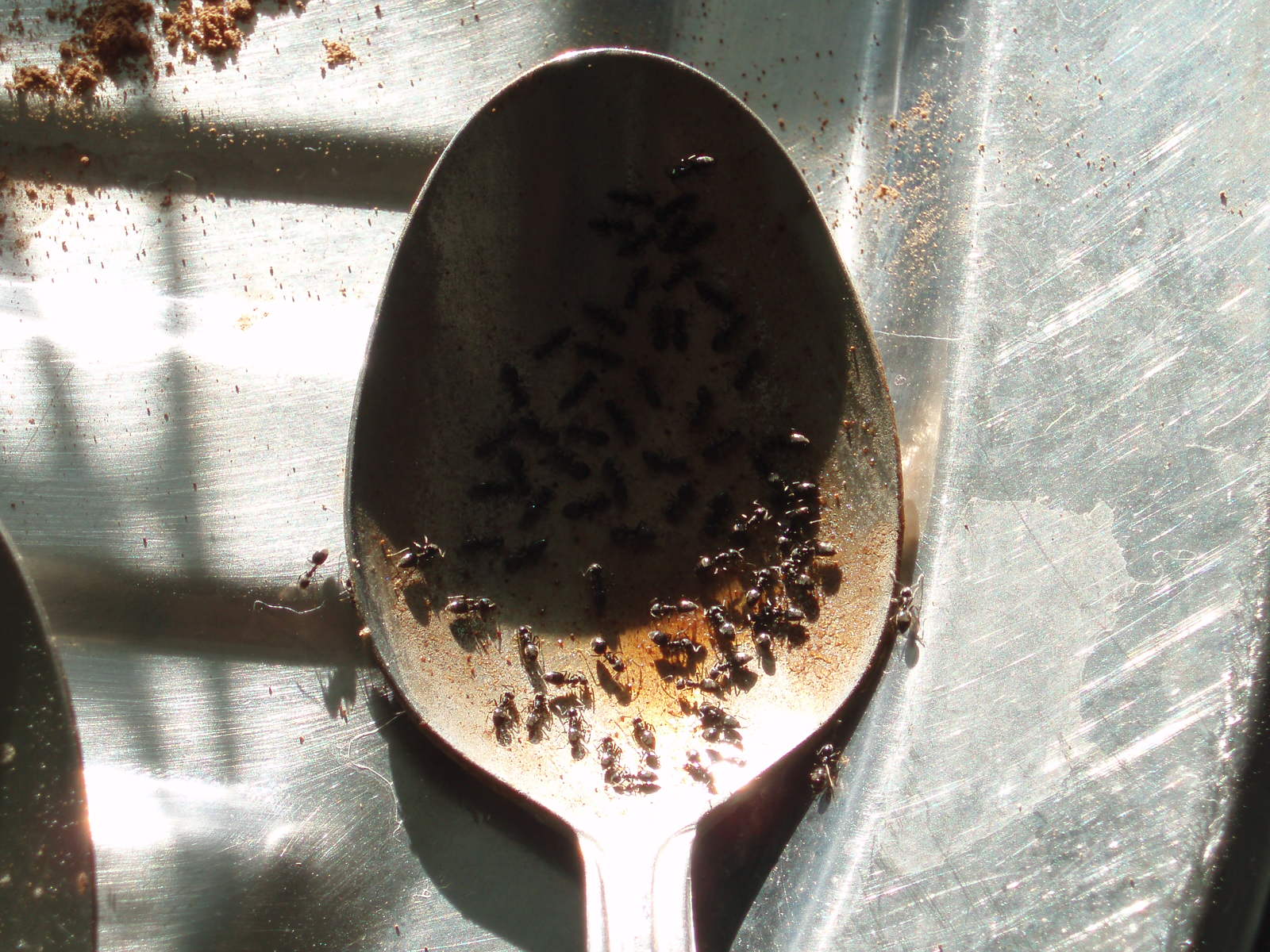Table of Contents
When temperatures drop, tiny invaders might march into your home seeking warmth and shelter. These winter ants can turn your cozy space into their seasonal headquarters. But why does this happen, and what can you do about it? Let’s explore everything you need to know about dealing with ants during the cold months.

Understanding Winter Ant Behavior
Have you ever wondered why ants seem to disappear outside but show up in your kitchen during winter? These resilient insects follow a fascinating survival strategy. According to research from the University of California’s Integrated Pest Management Program (http://ipm.ucanr.edu), most ant species seek warmer environments when outdoor temperatures become uncomfortable for them.
Winter ants, particularly pavement ants, are among the most common indoor invaders during cold weather. They’re searching for three essential things:
- Warmth from your heating system
- Water from your pipes and humid areas
- Food from your kitchen and pantry
Seasonal Patterns of Ant Invasions
Understanding when and why winter ants invade can help you prepare effectively. The ant invasion cycle typically follows these seasonal patterns:
Late Fall (October-November):
- Initial scout ants begin exploring indoor spaces
- Colonies start preparing for winter migration
- First signs of ants around entry points and windows
- Increased activity during weather changes
Early Winter (December):
- Major colony movements as temperatures consistently drop
- Peak indoor invasion period
- Ants establish new satellite colonies inside walls
- Most noticeable kitchen and bathroom infestations
Mid-Winter (January-February):
- Established indoor colonies become more active
- Focus shifts from exploration to food gathering
- Increased activity around indoor water sources
- Colonies may begin breeding if conditions are favorable
Late Winter (March):
- Preparation for spring expansion
- New ant colonies may form inside homes
- Increased activity as temperatures fluctuate
- Higher risk of structural damage from established colonies

Common Mistakes in Winter Ant Prevention
Many homeowners make these crucial mistakes when dealing with winter ants:
Ineffective Sealing Practices:
- Using temporary fixes for cracks and gaps
- Overlooking tiny entry points around utilities
- Failing to check upper floors and roof areas
- Not addressing foundation cracks before winter
Food Storage Errors:
- Keeping fruit out in open bowls
- Storing pet food in accessible containers
- Using cardboard boxes for pantry storage
- Neglecting to clean under appliances regularly
Moisture Management Mistakes:
- Ignoring minor plumbing leaks
- Poor ventilation in bathrooms and kitchens
- Allowing condensation to build up on windows
- Not addressing dampness in basements and crawl spaces
Counterproductive Actions:
- Using repellent sprays that scatter colonies
- Sealing visible entry points without finding the nest
- Treating symptoms without addressing root causes
- Waiting too long to address early warning signs
Signs of a Winter Ant Problem
Just like humans prepare for winter, ants make strategic moves to survive. Watch for these telltale signs that winter ants have chosen your home as their cold-weather refuge:
- Ant trails along baseboards and walls
- Ants in unexpected places, like bathroom cabinets
- Increased ant activity near water sources
- Tiny food particles scattered near entry points

Why Are Winter Ants More Than Just a Nuisance?
While seeing a few ants might not seem alarming, winter ant infestations can lead to serious issues. The National Center for Healthy Housing (https://nchh.org) reports that certain ant species can:
- Contaminate food storage areas
- Cause structural damage (especially carpenter ants)
- Create unsanitary conditions in food preparation areas
- Potentially spread bacteria from outdoors
- Establish permanent colonies if left untreated
Prevention: Your First Line of Defense
What steps can you take to protect your home from winter ants? Here are scientifically proven prevention methods supported by the Environmental Protection Agency (https://www.epa.gov):
Seal Entry Points
- Inspect and caulk gaps around windows and doors
- Repair holes in screens and weather stripping
- Check utility entry points and seal them properly
Maintain Clean Spaces
- Store food in airtight containers
- Clean spills immediately
- Keep pet food sealed and elevated
- Remove garbage regularly
- Reduce indoor humidity levels
Natural Deterrents for Winter Ants
Before reaching for chemical solutions, consider these natural approaches recommended by university extensions:
- Use vinegar solutions to disrupt ant trails
- Keep tree branches trimmed away from your house
- Fix leaky pipes that provide water sources

When to Call Professional Help
Ask yourself these questions:
- Are you seeing ants despite your best prevention efforts?
- Do ant trails persist even after cleaning?
- Are there multiple ant entry points in your home?
If you answered yes to any of these questions, it’s time to consider professional pest control services.
Your Local Solution: Pest Asset
Don’t let winter ants take over your home this season. Pest Asset specializes in identifying and eliminating winter ant infestations using eco-friendly, effective methods. Our certified technicians understand the unique challenges of winter ant control in our local climate.
Take action today:
- Schedule a free inspection
- Get a customized treatment plan
- Enjoy an ant-free home all winter long
Contact Pest Asset now – We’re ready to help you reclaim your space from winter ants!
Long-Term Protection
Remember, successful winter ant control requires a comprehensive approach. While DIY methods can help with minor problems, professional intervention often provides the most reliable long-term solution. The National Pest Management Association (http://www.pestworld.org) recommends regular inspections and maintenance to prevent future infestations.
Don’t wait until winter ants establish a permanent colony in your home. Take proactive steps now to protect your living space. Whether you’re dealing with a current infestation or want to prevent future problems, Pest Asset is here to help. Contact us today at (440) 899-2847 for expert winter ant control solutions!
Remember, when it comes to winter ants, early intervention is key to maintaining a healthy, pest-free home environment.




